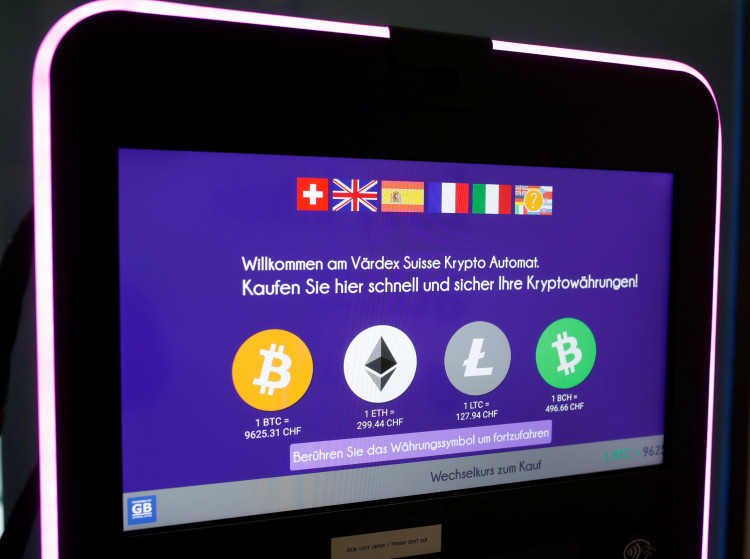Singapore shut down several cryptocurrency ATMs installed around the city as part of its latest effort to clamp down on the excessive marketing of digital currency to consumers. The Monetary Authority of Singapore passed new legislation on Tuesday, forcing the country's leading operators of cryptocurrency ATMs to shut down their machines.
Daenerys & Co. said it had shut down its ATMs and ceased its services in compliance with the Monetary Authority's order. The company said that the new guidelines targetting cryptocurrency ATMs came as a surprise as it was not informed about it beforehand.
Another operator, Deodi Pte, said it had shut down its ATM following the publication of the new guidelines. Daenerys and Deodi are only two out of the more than 100 companies that have recently applied for a license to offer cryptocurrency services in Singapore.
The company said it shut down five machines, which were once the symbol of Singapore's acceptance and adoption of digital tokens. The machines had allowed anyone to convert their fiat currency into major cryptocurrencies such as Bitcoin and Ethereum.
Daenerys said it is currently seeking clarification from the MAS and the central bank. Both companies said they had immediately dispatched staff members to remove their respective ATMs.
The MAS said such machines had made it too fast and easy for the public to trade cryptocurrency. The agency said in its new guidelines that ATMs may mislead the public to "trade on impulse" without considering the investment risks.
Bitcoin and other cryptocurrencies are notoriously volatile. The price of Bitcoin, the world's most popular cryptocurrency, has plummeted this year, from a high of approximately $67,000 in November to a low of around $42,000 on Wednesday.
Singapore's ban follows on the heels of similar limitations in Spain and the UK. On Monday, Spain demanded that crypto businesses and online influencers submit ad campaigns for regulatory clearance 10 days ahead of time. Spain regulators also implemented new guidelines that govern how influencers and PR companies advertise crypto-based products. This includes mandatory disclosures of risk to investors and linked to more information about cryptocurrency trading on every ad or promotional content.
Meanwhile, the United Kingdom launched a new review of existing cryptocurrency practices as part of its efforts to crack down on crypto-related products with misleading claims.
Singapore's stance on cryptocurrency has deteriorated, which is a big surprise for most. The city's positive legislative environment and high rate of cryptocurrency adoption had previously earned it the reputation of being one of the world's most crypto-friendly economies. However, given the recent move, this may not be the case anymore.





